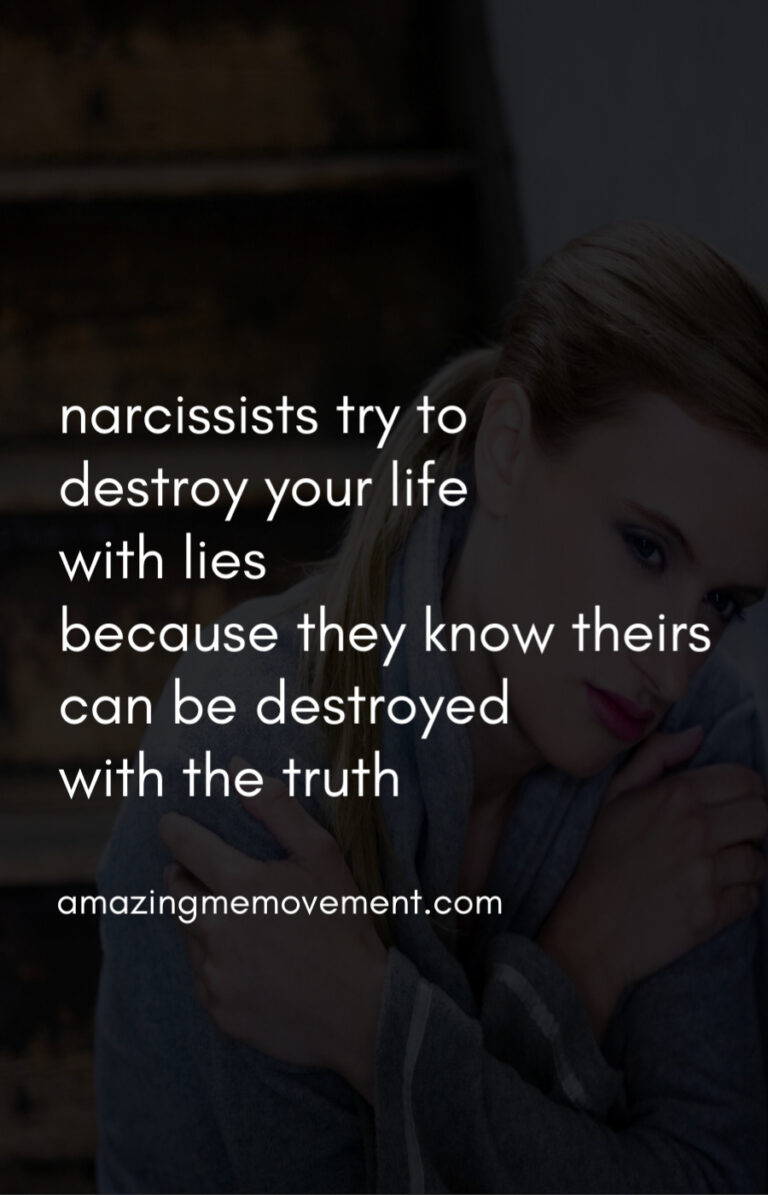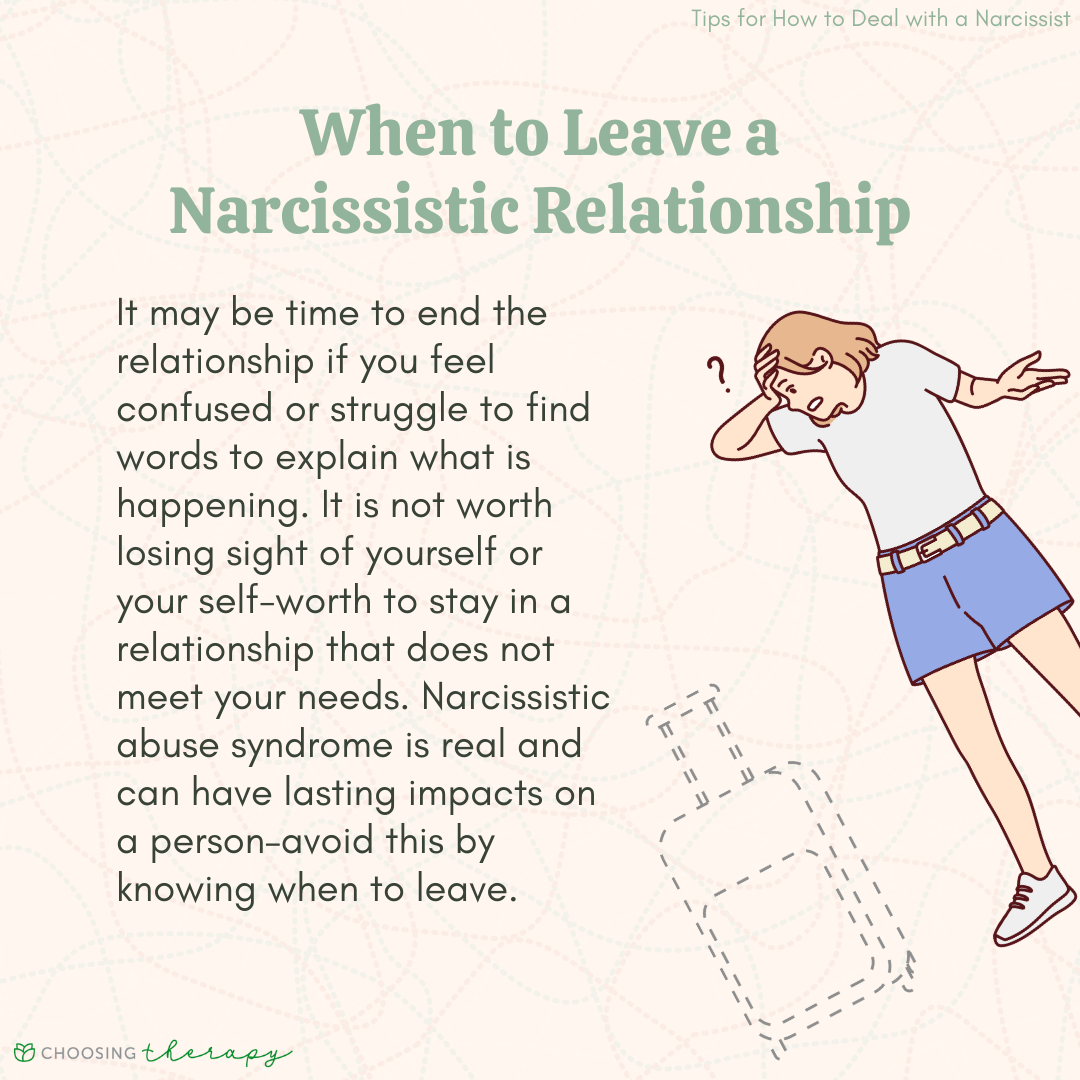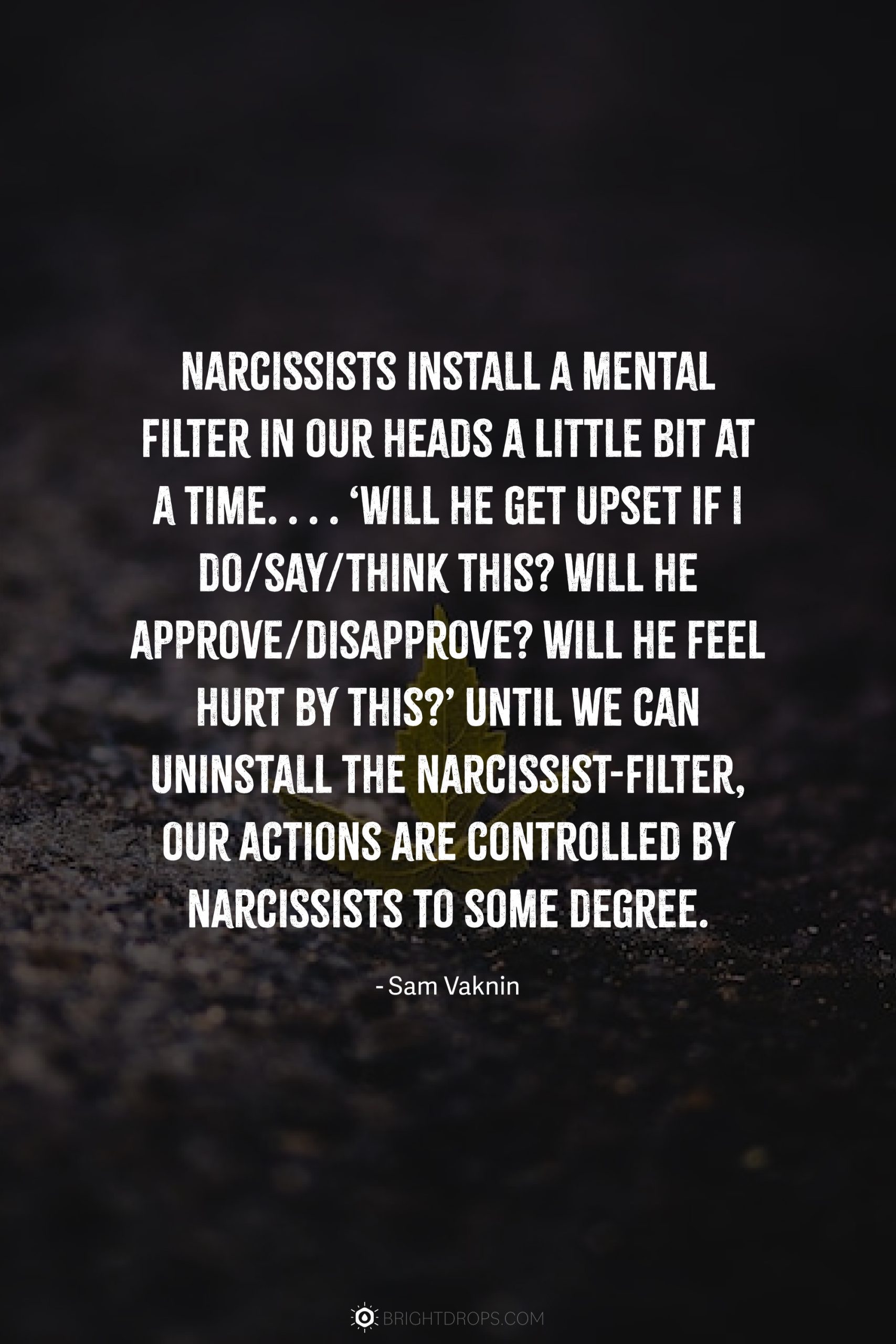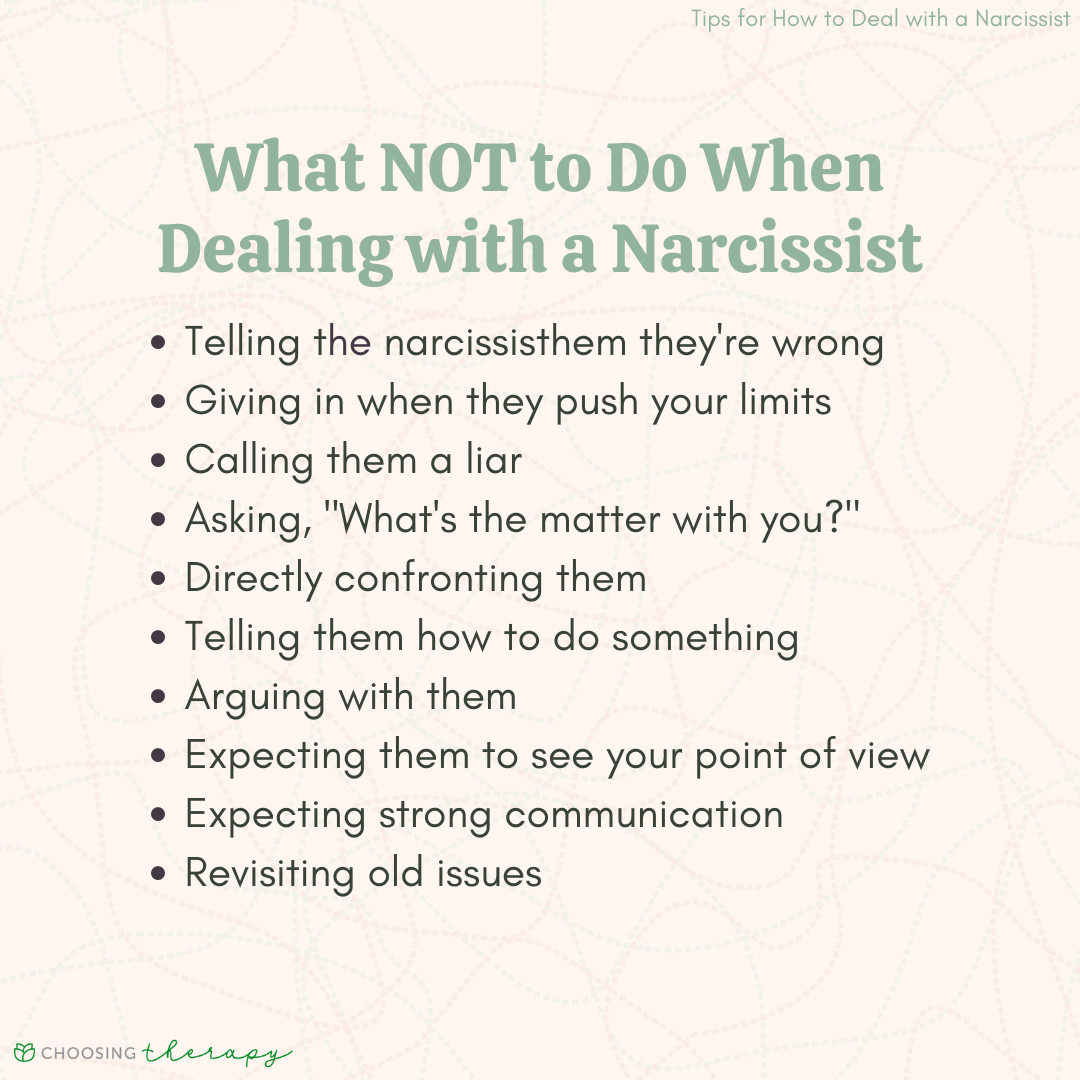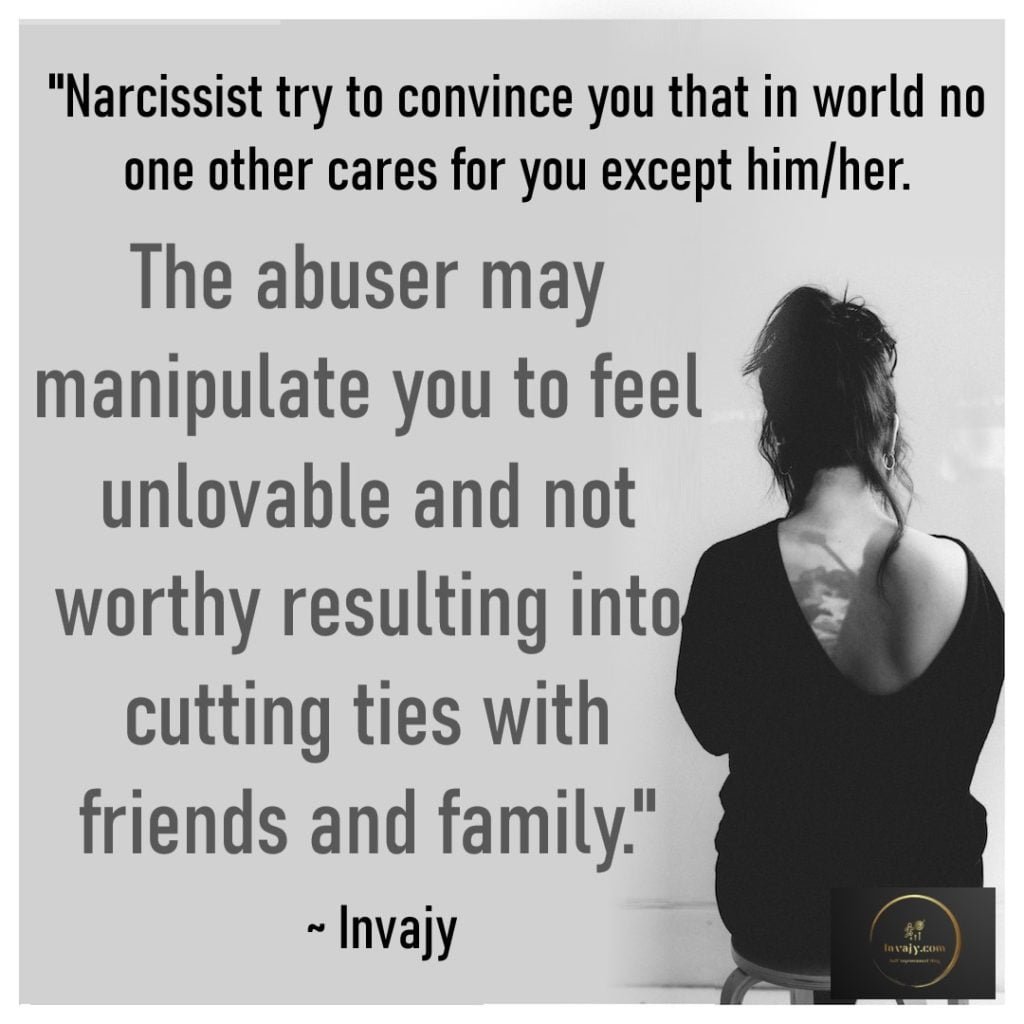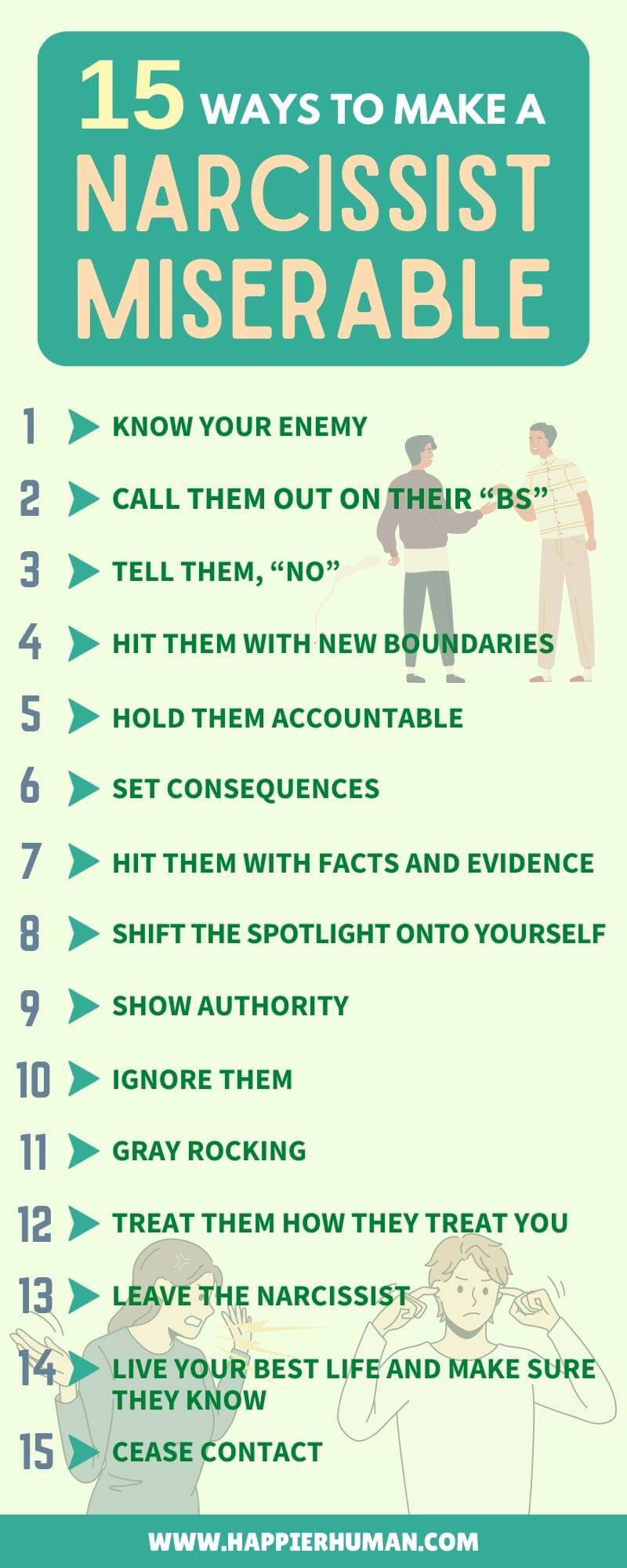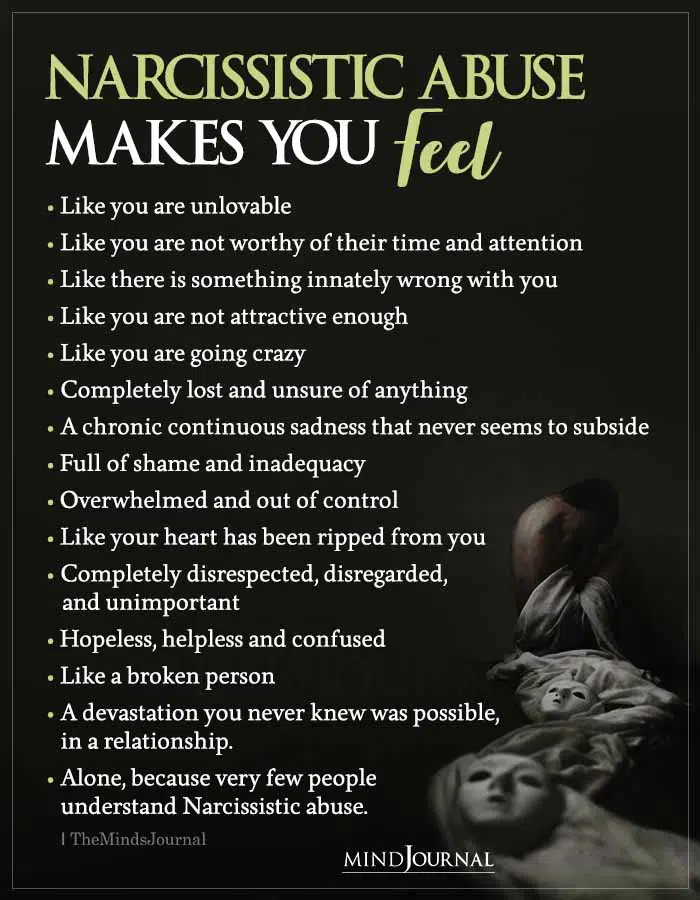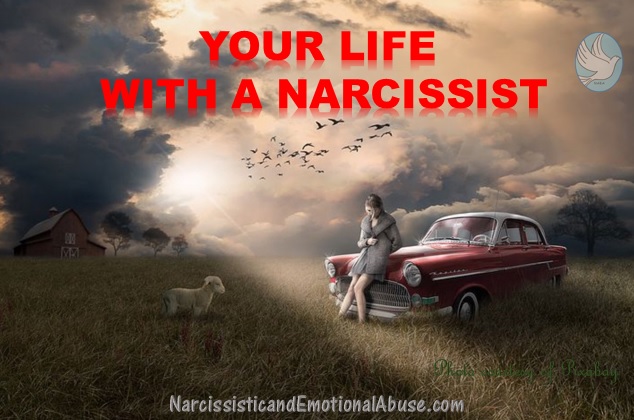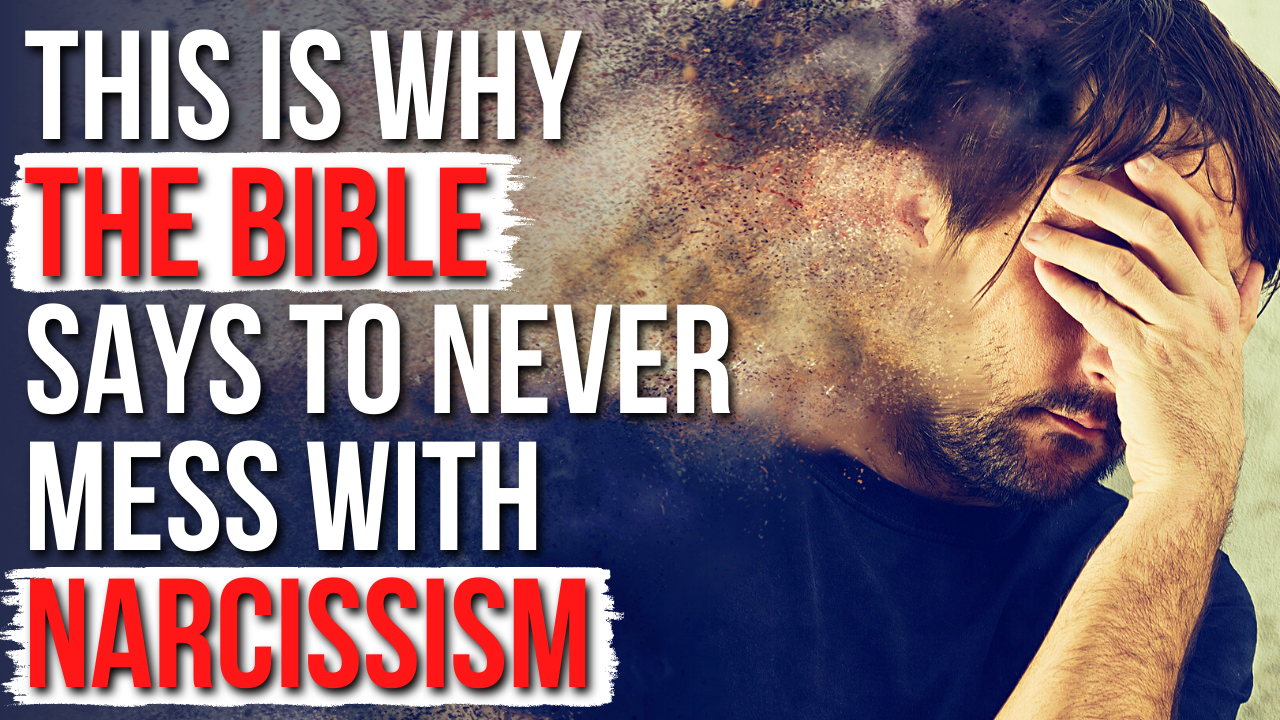Don't Let A Narcissist Ruin Your Life

Imagine a slow-creeping vine, beautiful at first glance, with vibrant leaves and delicate tendrils. It wraps itself around a sturdy oak, promising support and companionship. But slowly, almost imperceptibly, it begins to constrict, stealing sunlight and nutrients, ultimately threatening the very life it initially seemed to cherish. This is, in many ways, how a relationship with a narcissist can feel.
It's vital to understand the dynamics of narcissistic relationships to protect yourself. These relationships can leave you feeling drained, confused, and questioning your own sanity. Recognizing the signs and learning healthy coping mechanisms are crucial steps towards reclaiming your life and well-being.
Understanding Narcissistic Personality Disorder
Narcissistic Personality Disorder (NPD) is a complex mental health condition. It's characterized by an inflated sense of self-importance, a deep need for excessive attention and admiration, troubled relationships, and a lack of empathy for others. According to the Mayo Clinic, while everyone may exhibit narcissistic traits occasionally, true NPD involves persistent patterns of these behaviors that significantly impair daily life.
It's important to remember that diagnosing NPD requires a professional evaluation. Self-diagnosis or labeling someone based on a few observed behaviors can be harmful and inaccurate. Focus instead on understanding unhealthy patterns of behavior, regardless of whether they meet the diagnostic criteria for NPD.
The Subtle Signs: How Narcissistic Abuse Begins
Narcissistic abuse often begins subtly, with what seems like intense admiration and flattery. This is known as love bombing. The narcissist might shower you with attention, praise, and gifts, creating a whirlwind romance that feels intoxicating.
However, this initial phase is often short-lived. The attention gradually shifts, and subtle criticisms begin to creep in. You might find yourself constantly trying to please them, walking on eggshells to avoid their anger or disapproval.
Gaslighting, a common tactic, involves distorting your perception of reality. The narcissist might deny things they said or did, making you question your own memory and sanity. This can be incredibly disorienting and damaging to your self-esteem.
Recognizing the Patterns: Identifying the Red Flags
Several red flags can indicate a relationship with a narcissist. These include a constant need for admiration, a lack of empathy, a sense of entitlement, and a tendency to exploit others. Dr. Ramani Durvasula, a leading expert on NPD, emphasizes the importance of observing patterns of behavior over time.
Pay attention to how they react to criticism. Do they become defensive, angry, or dismissive? Do they frequently blame others for their mistakes? Do they struggle to take responsibility for their actions?
Consider how they treat other people, especially those in service positions. A person who is consistently rude or condescending to waiters, cashiers, or other staff members may exhibit a lack of empathy, a key trait of narcissism.
Taking Back Your Life: Strategies for Healing
If you recognize these patterns in your relationship, it's essential to prioritize your well-being. Setting boundaries is crucial. This means clearly communicating your limits and enforcing them consistently, even if it causes conflict.
Consider seeking professional help. A therapist can provide support, guidance, and tools to navigate the challenges of a narcissistic relationship. They can also help you process the emotional trauma and rebuild your self-esteem.
Sometimes, the healthiest option is to end the relationship altogether. This can be a difficult and painful decision, but it may be necessary to protect your mental and emotional health. Surround yourself with supportive friends and family who can offer encouragement and understanding.
Remember that healing takes time. Be patient with yourself and celebrate small victories along the way. Focus on building your self-worth and cultivating healthy relationships with people who treat you with respect and kindness.
Beyond the Relationship: Cultivating Self-Love
Ultimately, the key to thriving after a narcissistic relationship is to cultivate self-love and compassion.
"You are worthy of love and respect,"as many therapists often remind their clients. Prioritize your own needs and desires, and learn to trust your own intuition.
Engage in activities that bring you joy and fulfillment. Spend time in nature, pursue hobbies, connect with loved ones, and practice self-care. Remember that you are strong, resilient, and capable of creating a fulfilling life for yourself.
By understanding the dynamics of narcissistic relationships and taking proactive steps to protect yourself, you can break free from the cycle of abuse and reclaim your life. You deserve to be happy, healthy, and surrounded by people who value and support you.
